UPDATED REPORT | Nov 1, 2023 | PIANO TEACHERS & DIGITAL PIANOS | DO TEACHERS LIKE THEM and DO PIANO TEACHERS RECOMMEND DIGITAL PIANOS? – I am a well known and experienced piano teacher and musician and I get asked all the time by piano shoppers, “will a digital piano be good enough for my child to learn on?” In some cases I also get told by piano shoppers the following statement: “my piano teacher does not want my child to practice or learn on a digital piano, they want me to have an acoustic piano because they say only an acoustic piano will allow the student to learn properly?”
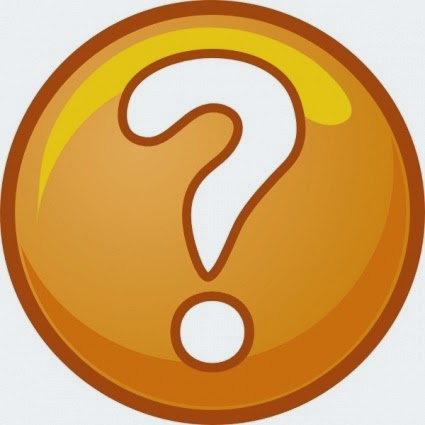
So what is a piano shopper to do? What piano should they buy? Those are questions I constantly get asked to answer because I am a long time, extremely experienced piano teacher (as well as teaching guitar, synth, and organ for many years) and I have taught thousands of piano & keyboard students in group lessons and private lessons. I teach a variety of music styles including classical, rock, jazz, Latin, blues, country, oldies, as well as teaching beginners how to compose, write, and arrange music in ways that make the learning experience super exciting for students and gets them to want more and practice more…and that’s what it’s all about…fun, desire, practice, motivation, and the love of playing music on a piano. Once a person understands why they or their child should take piano lessons, then they will better understand what piano would be the best purchase for them.
My quick answer to the question about teachers either wanting or not wanting their students to have a digital piano is…”a student should have an instrument that inspires them to want to play music and enjoy it in the best way possible for them.” Playing music is really all about passion and the feeling a person gets when playing music they like. It’s really all about “how does it make you feel?” It’s definitely not about…should I get a digital or acoustic piano because some of the new digital pianos available from top companies like Roland, Casio, Kawai, and Yamaha are absolutely incredible and are a joy to play as are good acoustic pianos. Many of the new digital pianos offer the ability to record yourself to analyze your playing and practice as well as play the actual lesson songs from your curriculum so you can hear how it should sound at home. There are even digital pianos which have big color display screens built in with proprietary piano teaching technology that is quite impressive.

A really big thing to do these days is to use an iPad with your digital piano which allows you to use special music education apps that help you understand piano/music fundamentals in a visually stimulating way that few other things can do. I use an iPad with some very cool apps in my studio and it’s absolutely incredible how much a piano student of any age can learn from it in such a short amount of time. Even 3-4 yr old children excel at learning that way because they are growing up in the iPad world and feel comfortable with the technology. When you can play a key on a digital piano and have the iPad piano lesson app tell you if you did that right or wrong and show you visually how to do it right, that certainly helps develop a student’s ability to understand many musical concepts that would otherwise take much longer to learn.
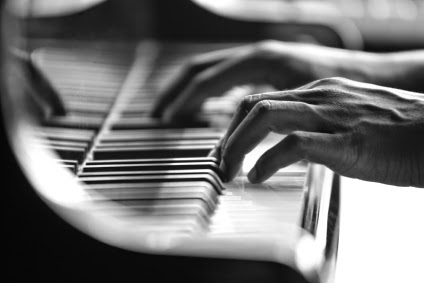
If you think about it, based on all the people you know and have met throughout your life, how many of those people play piano? How many of them can actually sit down to a piano and play some music and have that music sound pretty good? I bet your answer would probably be “not many” or not any. When it comes to personal relaxation and things a person likes to do, I would bet you know many, many people who would be able to “shoot some hoops,” swing a bat, play a game of football, sing a song, play tennis, play ping pong, cook a meal, play a guitar, work out at the gym, draw a picture, text a message, read a book, watch a movie video, play a video game, go to a concert, or talk on the phone. You may even know people who can repair a vehicle, paint a house, fix a hole in the wall, or take pictures with a camera.
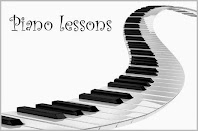
But playing the piano is something few people can do because the perception of people who are considering taking piano lessons is that “piano lessons are boring and all I am going to be taught is classical music…and I don’t want to play just or any classical music.” People also have the idea that piano practice is not fun, can be frustrating, and learning the piano takes SO long. If you are an adult and want to play piano then that complicates matters further because in many cases adults have less time for practice than children do and they generally don’t want to go through years of lessons to learn to play…so they don’t try to learn piano in many cases. Retired older people tell me all the time that they finally have the time to learn and they want the intimate relationship with music they have always dreamed of by playing piano and they’re sorry they never learned to play when they were much younger!
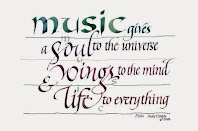
I personally know doctors, lawyers, business owners, movie stars, golf pros, football players, basketball players, artists, nurses, and just plain everyday people who do play piano and they normally play it for one reason…because it makes them feel so good and relaxes them. Playing music is therapeutic on so many emotional levels and it’s one of the best emotional and spiritual outlets a person can develop in their lifetime. Playing music can become a vital part of a person’s overall mental and physical health and can add years to your life. As an investment in time and money, playing piano can bring big rewards and most of the playing ability that students come to understand is because some hard working, caring piano teacher took the time and energy to help develop that piano student into what they are today. Piano teachers who really care about their students and support and motivate them provide a service to your child or yourself that extends way beyond the price you pay for those lessons.
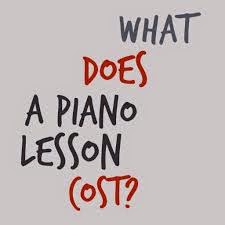
The average cost of piano lessons throughout the country is approx $20-$30 per half hour per week at the teachers home studio. In some cases depending on the teacher and where you are located in the country and the facility you are taking lessons at, the half hour lesson per week can be higher at approximately $30-$40 or more. So the cost of lessons per month can be from about $80 to well over $100 per month. The financial cost of lessons is a big commitment on the part of parents and if those parents don’t play piano or some other musical instrument, then typically it’s difficult for them to understand the true value of playing a musical instrument and the huge positive impact it can have on the life of a young person. Those benefits are enormous and they touch the mind, the body, the soul in a way that can be difficult to explain or express to a person who has not had that experience before and is only looking at “up front and continual costs.”
To spend up to $100 a month on a 5 or 6 year old child to take piano lessons is not something I find that most parents eagerly want to do. Paying $80-$100 per month can buy a lot of stuff like gas in your car, food to eat, movies to watch, coffee to drink, utility bills to pay for, etc. So piano lessons or lessons on similar things can take a back seat to “life” as many parents see it. Is that a right decision to make? Only the parent can be the judge but in the end it’s the child who loses out, especially if they have a love for music and they express it by singing or dancing all the time. It is the responsibility of the parent to step out of their comfort zone and spend the money especially when they see that their child or children have a special musical gift when they are naturally attracted to it. I say to all parents “do not let the opportunity for piano lessons pass your children by. No one else will do it for them and yes, it is a sacrifice in time and finances, but it is totally worth it when you see what it can do in the life of your child.”
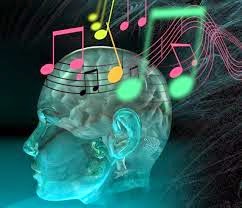
For me personally, I put all four of my children through piano lessons with a couple of great teachers (I did not personally teach them because…well…parents teaching their kids don’t always work) and although it was not easy and cost a bunch of money, it really paid off in so many ways. Two of my daughters are piano teachers (although both are nurses too), and another daughter has taught flute for a number of years (that was her “second instrument”), and my son plays a few instruments as well. The fact is, kids do love music and if you get them involved with learning to play good melodic music on a piano or another instrument, that ability helps to give that child a higher degree of intellect in understanding academics in school, becoming more social and interactive with people and more self confident, and generally becoming a better person all around (I have witnessed this hundreds of times).
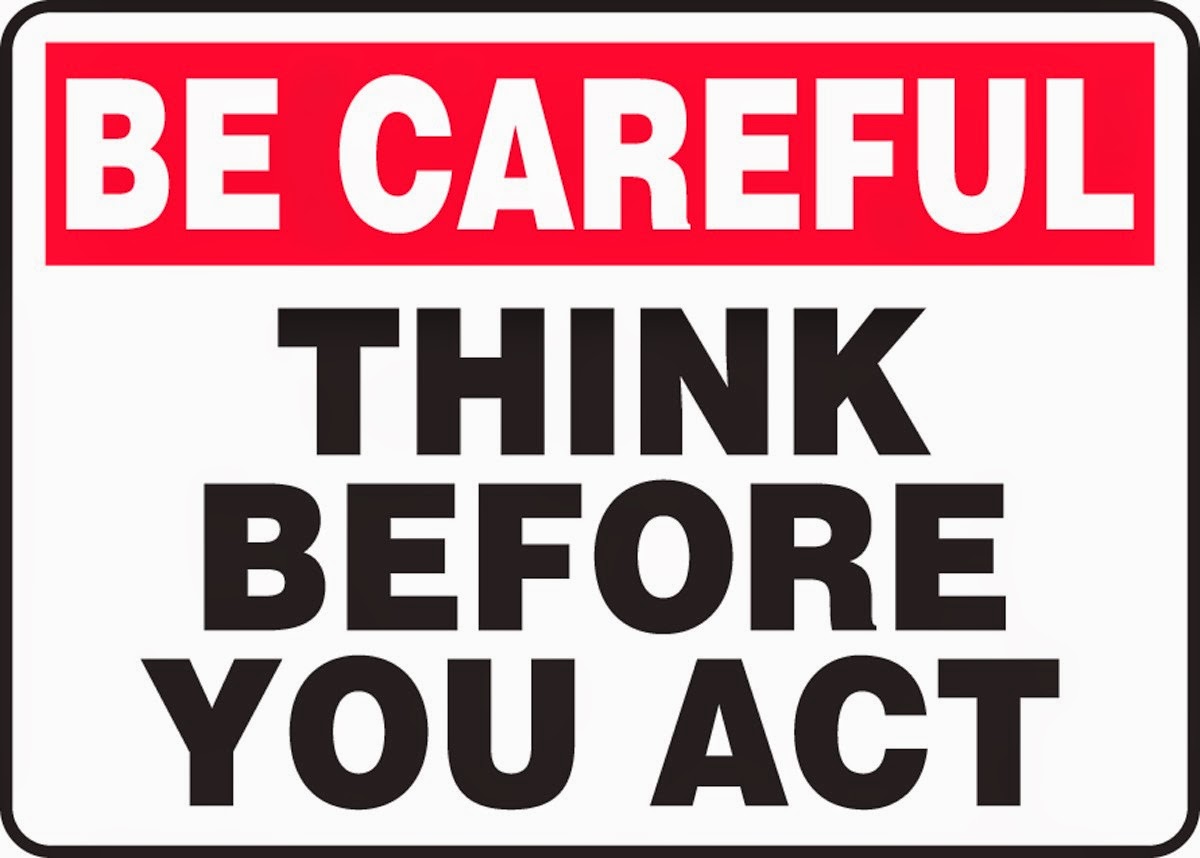
OK, so let’s say you have wisely decided to invest in piano lessons for your child (and it is an investment)…now what do you do when it comes to which piano to get them? Should it be a digital piano or regular acoustic piano? Should you buy them a cheap keyboard instead of a piano? Should you buy new or used? Should you spend a lot or a little? Should you order on-line, buy at a music store, on Craigslist, at Costco, from a friend, etc? There is a lot to consider when it comes to making this kind of decision and it can become overwhelming! People come to me all the time asking me to help them get through the madness and I am happy to do that so here’s my 1st word of advice; most piano teachers have little experience with the new digital pianos out there so they are usually not a good resource when you are making a piano buying decision. I play acoustic pianos often including concert Steinway, Yamaha, and Kawai grand pianos and I love those instruments but I also love good digital pianos too.

So why would a piano teacher ever say that they don’t want you or your child to have a digital piano? The main reasons for this is the teacher’s comfort zone. Teacher’s are like anybody else…they have comfort zones. Those comfort zones are a part of that teacher’s point of view but unfortunately comfort zones can be a negative thing if the teacher’s opinion is not based on reality. There are some teachers (not most) who cannot see the forest from the trees. They only see the piano as a piano and not as an enjoyable musical instrument or a vehicle in which a person can be motivated to want to practice and play music and enjoy it in whatever way they can.
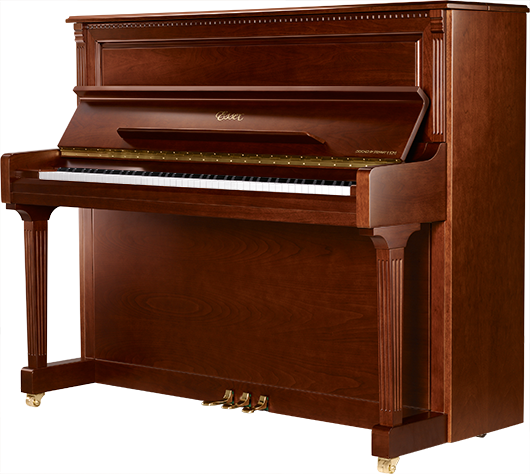
It is true that there are many great acoustic pianos which offer a more natural piano playing experience than some digital pianos…that’s just natural:). But is that more natural organic acoustic piano playing experience really necessary for the large percentage of piano students and recreational piano players? The answer is NO because most students and recreational players are not looking for piano perfection. They are looking for personal musical satisfaction in their piano playing and listening experience and good digital pianos in a variety of price ranges definitely do offer that. Also, just because a teacher asks you to buy an acoustic piano does not mean you can afford to do so.
So here’s the bottom line…good digital pianos are great instruments to take lessons on, practice with, and grow in your piano playing skills so that you can enjoy music in the way you want to. But please be aware that there are bad digital pianos out there as well (as there are bad acoustic pianos too) which can definitely get in the way of learning how to play piano properly and will also cause bad playing habits. Stay away from those brands or models (I can tell you what they are). If someday you feel that you would really like an acoustic piano, then a good grand piano is the way to go. But when it comes to vertical upright styles of digital pianos by the top name brands, for most students and people who play piano, I recommend digital pianos as a fantastic way to enjoy music and do things you could never do on a traditional acoustic piano and still get a great piano playing experience, even for advanced students. If you want more information on which digital piano might be right for you and to buy for less than anywhere on the internet, please contact me.
If you want more info on new digital pianos and LOWER PRICES than internet discounts, please email me at tim@azpianowholesale.com or call direct at 602-571-1864.
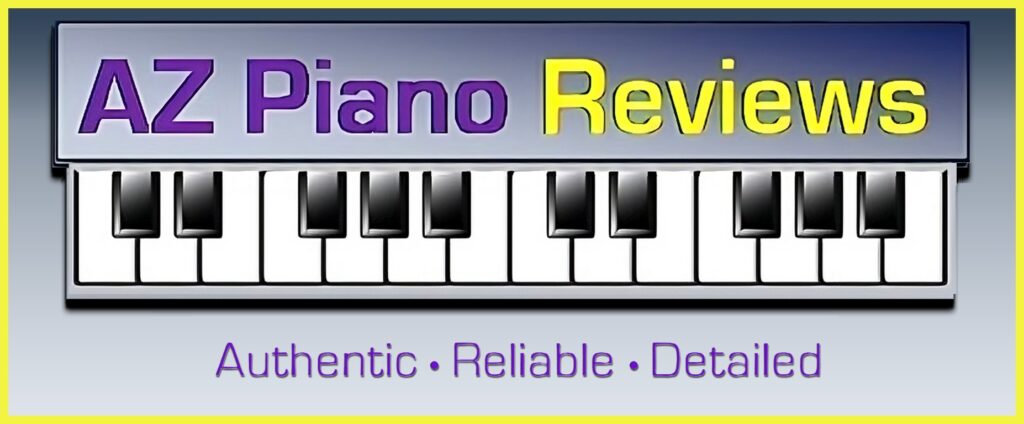


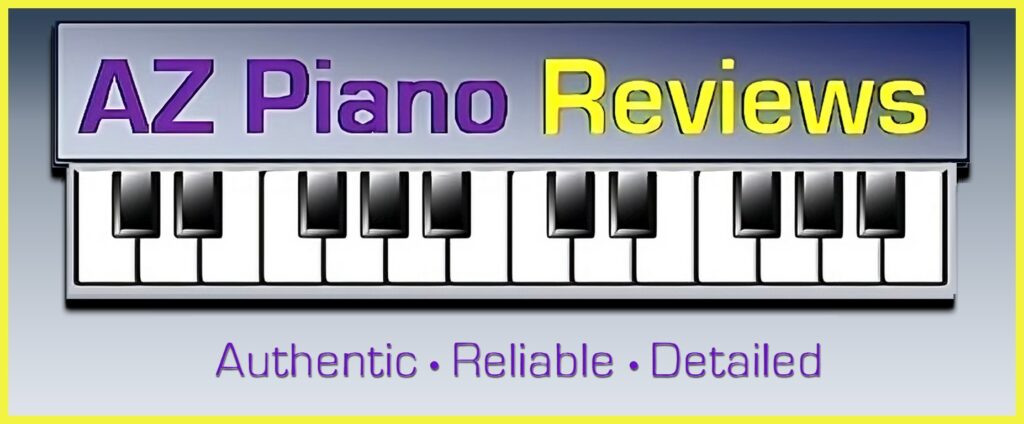

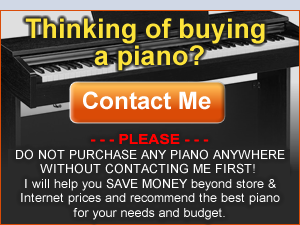

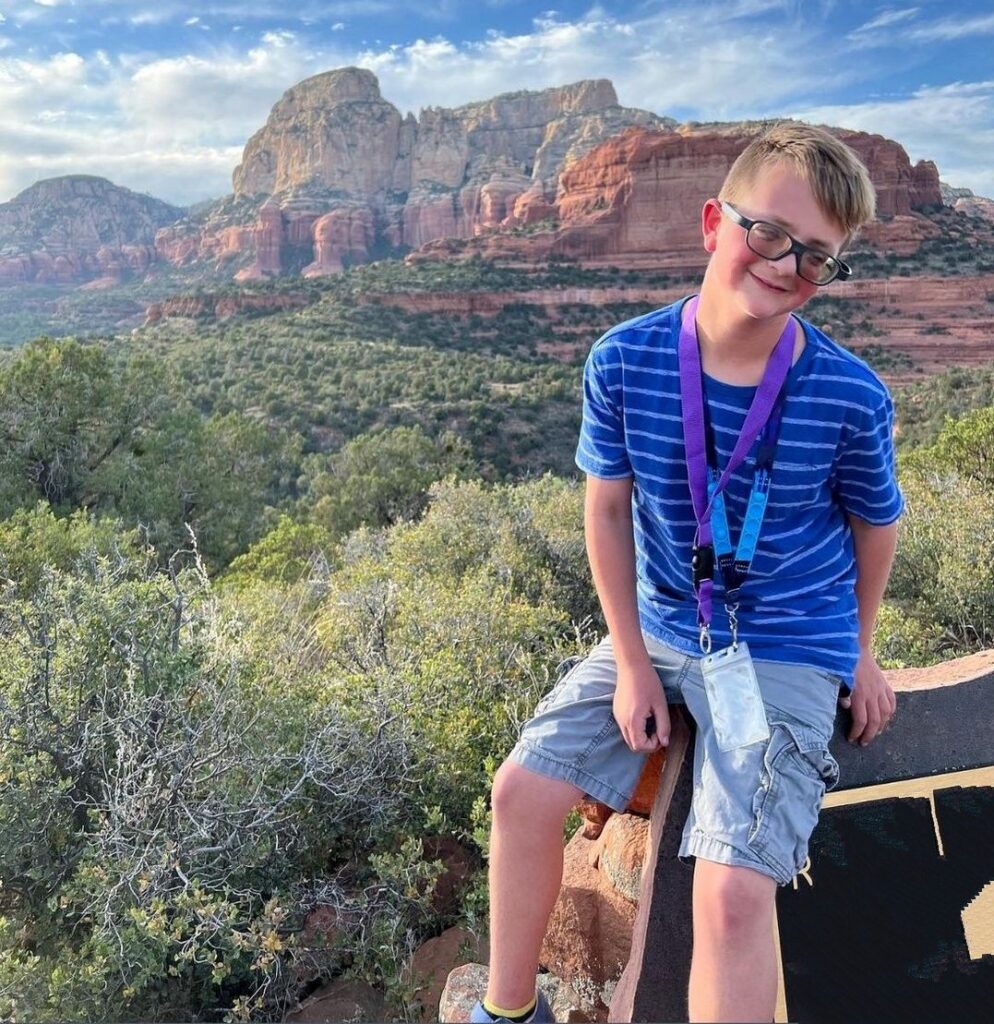
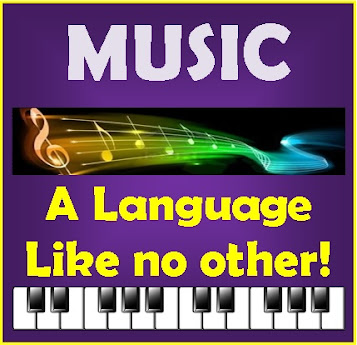
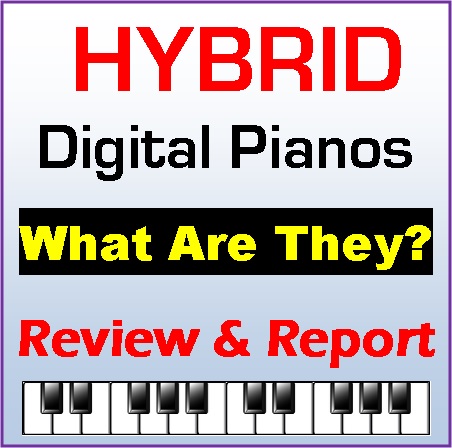
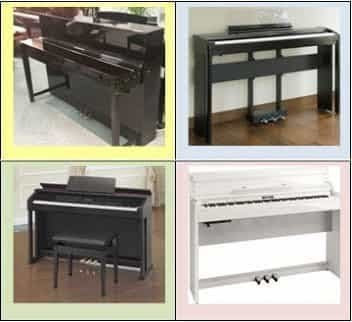
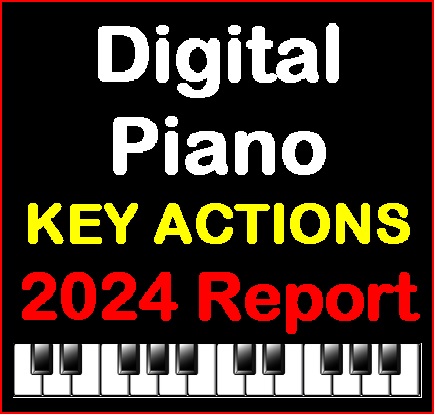
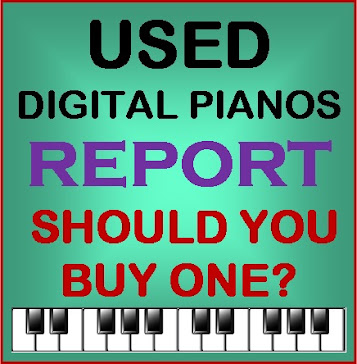
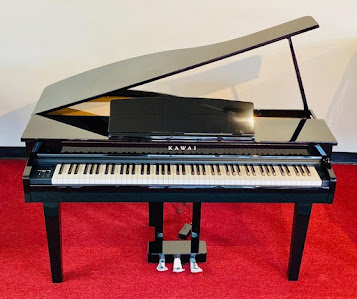
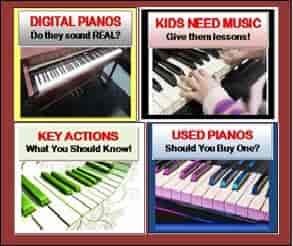
So, is Casio CDP 230 in a good or bad digital piano?
Because i have limited budget, but my daughter really enjoy to play her piano toy..
just want to hear your direct judge about that Casio..
many thanks before.
this is a good piano, especially for the low price
hi tim
do u have an opinion on the new kawai cs 11? i am seriously considering it.
thanks
please email me directly and I will share my opinion on this model with you
Hi Tim!
Your blog is really outstanding.
Please share your opinion on these models:
Artesia A-10, Casio CDP-120, Yamaha P-45.
Any of them costs about USD 470 here in Russia.
Unfortunately my budget is limited.
I want to accompany my daughter at home, she learns to play a violin. And this year she starts to learn a piano as a second instrument.
Sometimes I'd like to use a piano as a midi-keyboard.
Artesia offers a full set for the price including an USB computer connection, but I have never heard how it sounds.
Do Yamaha cheap models really sound good due to awm grand piano sampling?
What about Casio?
Thanks!